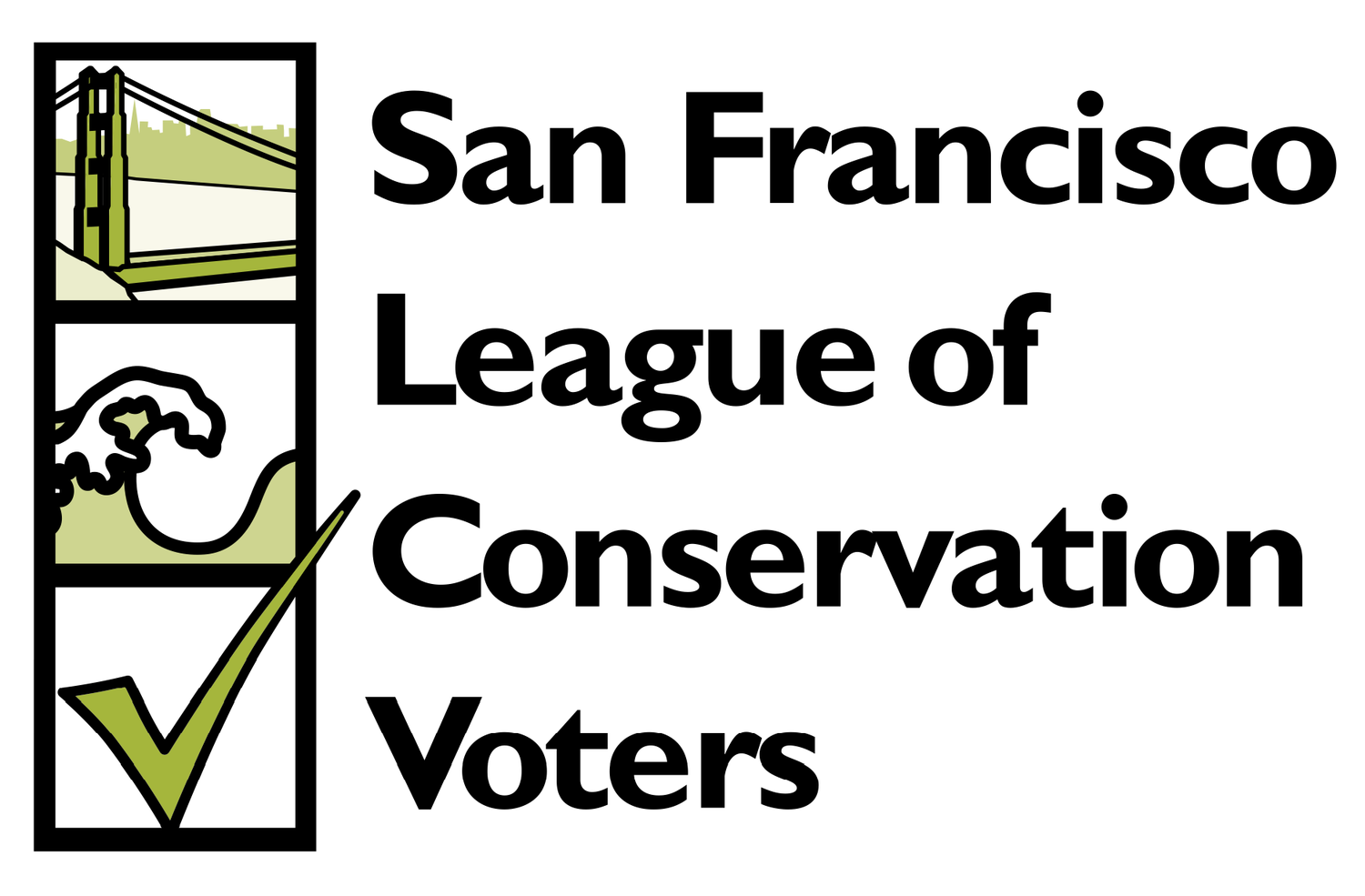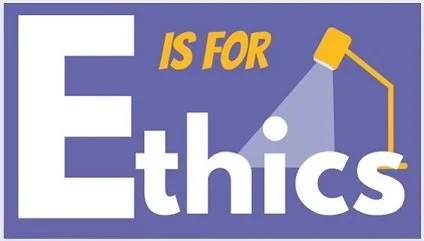YES on Prop E: Prohibit “Pay to Play” Politics
/As part of a suite of good governance reforms on the ballot in June 2022, Prop E solidifies San Francisco’s commitment to prohibiting pay to play politics.
To understand why Prop E is good for San Francisco, it is first necessary to understand an unfamiliar term — “behested payments” — and refresh recollections about very recent history.
Behested payments are donations made to a government agency or charity at the request of a public official for a legislative, governmental, or charitable purpose. For example, if a Supervisor asks a real estate developer to make a donation to a local nonprofit, that is a behested payment. The payment was made at the “behest” of the public official. So, what’s the big deal? Donating to nonprofits is a good thing.
These payments become problematic when the party making the payment at the request of the public official also has an interest in a decision over which the public official has authority, i.e., they are an “interested party.” Consider a Supervisor who asks a real estate developer to donate to a nonprofit while the developer’s permit is pending before the Board of Supervisors. While not rising to the level of a bribe, the payment does raise questions of impropriety. The very type of impropriety with which the City is all too familiar.
Until recently, these payments were allowed in San Francisco. Investigations documented abuse of behested payments, however. In response, in 2020, the Ethics Commission recommended that City department heads, commissioners, and certain employees should be prohibited from soliciting behested payments from interested parties. The Ethics Commission also recommended that the definition of who qualifies as an “interested party” should be expanded to include city contractors and people seeking to influence city officials. In December 2021, the Board of Supervisors unanimously made these recommended reforms. This new rule went into effect January 23, 2022.
To solidify these changes, Prop E makes two additional amendments to the city code.
First, it includes the Board of Supervisors among the public officials who are prohibited from soliciting behested payments from interested parties. This holds the Supervisors to the same ethical standards as all other public decision makers.
Second, it requires that any future amendments to behested payments rules are subject to public review, approved by the Ethics Commission, and approved by at least two-thirds of the Board of Supervisors. This additional layer of oversight is needed to help prevent backsliding and a return to the old, scandalous ways. (See these news stories about diverted donations, the Social Impact Partnership Program, and SF Environment for examples of prior behested payment related scandals.)
Many of the arguments opposing Prop E attack the substantive changes to behested payments made in 2021 — changes every Supervisor agreed with only five months ago. Voting no on Prop E cannot undo those changes; only another action by the Board (or a different ballot measure) can do that. But passing Prop E would require public review and Ethics Commission approval for any such future amendments. (If the general public wants to make changes to the behested payment rules, that is still possible via a ballot measure.) This seems a reasonable approach given the City’s history with behested payments, a history with which we are still grappling. And, on balance, any chilling effect on donations to worthy causes is outweighed by City leaders’ significant need to rebuild trust with San Franciscans.
Vote YES on Prop E to close another “pay to play” loophole and ensure that San Francisco public officials are, and continue to be, held to high ethical standards.


